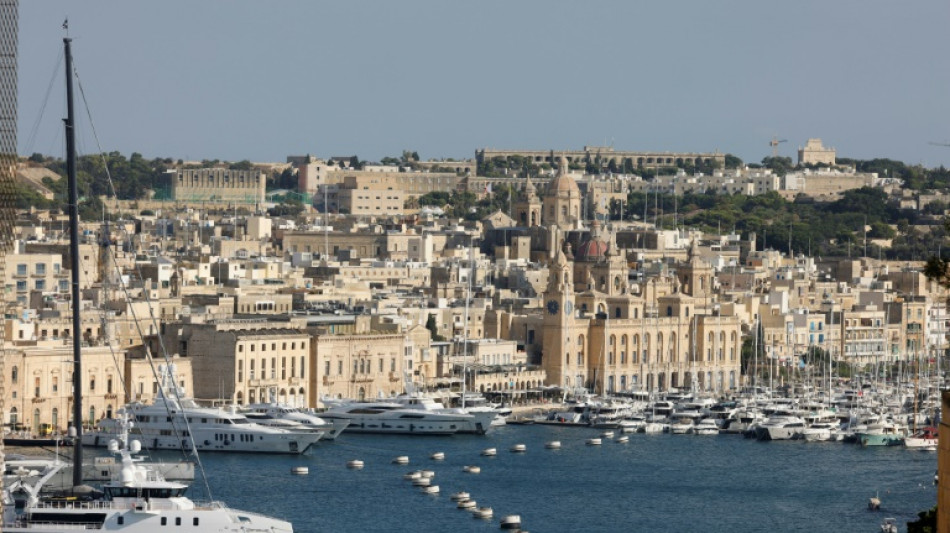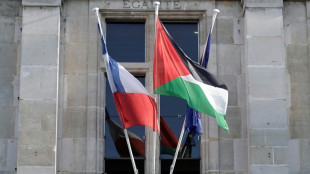

EU top court rules 'golden passport' schemes are illegal
"Golden passport" schemes for deep-pocketed foreign investors violate European Union law, the bloc's highest court ruled on Tuesday, after a legal challenge against Malta by Brussels.
The European Commission had taken Malta to the top court in 2022 over its programme, which allows non-Europeans to effectively buy Maltese -- and therefore EU -- citizenship through defined payments or investments.
"The acquisition of Union citizenship cannot result from a commercial transaction," the EU's Court of Justice said, ruling that Malta had infringed EU law.
Tuesday's decision is binding, and Malta must stop the scheme or risk hefty fines.
The Maltese government said it respects the court's decisions.
"The legal implications of this judgement are being studied in detail, so that the regulatory framework on citizenship can then be brought in line with the principles outlined in the judgement," it said in a statement.
Malta regards past "golden passports" it handed out to be unaffected, saying that "decisions taken under both the current and the previous legislative framework remain valid".
The commission welcomed Tuesday's judgement. "It's now for Malta to implement the court's judgement," EU spokesman Markus Lammert told reporters.
Rich Russians and Chinese had used the scheme to obtain EU citizenship from Malta.
There had been similar schemes in Cyprus and Bulgaria but these countries later dropped them.
Malta excluded Russian and Belarusian applications for "golden passports" following Russia's invasion of Ukraine in 2022, when Europe cracked down on Kremlin-linked individuals.
- 'Jeopardises' trust -
The case dates back to 2020 when the commission launched legal action. Malta had defended itself by saying the right to grant citizenship was up to individual countries, not Brussels.
Although the court stressed that each member state has the right alone to decide on nationality, this was a freedom that must "be exercised in compliance with EU law".
"A member state cannot grant its nationality –- and indeed European citizenship -– in exchange for predetermined payments or investments, as this essentially amounts to rendering the acquisition of nationality a mere commercial transaction," the court said.
Malta's scheme "infringes the principle of sincere cooperation and jeopardises the mutual trust between member states concerning the grant of their nationality", it said.
The government defended the programme, saying it generated 1.4 billion euros ($1.6 billion) in revenue for the country since its inception in 2015.
"Significant investments were made in key sectors to improve the quality of life for the Maltese and Gozitan people," the Maltese government said in a statement.
Transparency International's chief executive officer Maira Martini welcomed the ruling that would prevent other member states from "selling" EU citizenship in the future.
"Countless cases have shown how these schemes have granted safe haven to corrupt actors from around the world," Martini said.
burs-raz/rmb
B.Simon--VZ



